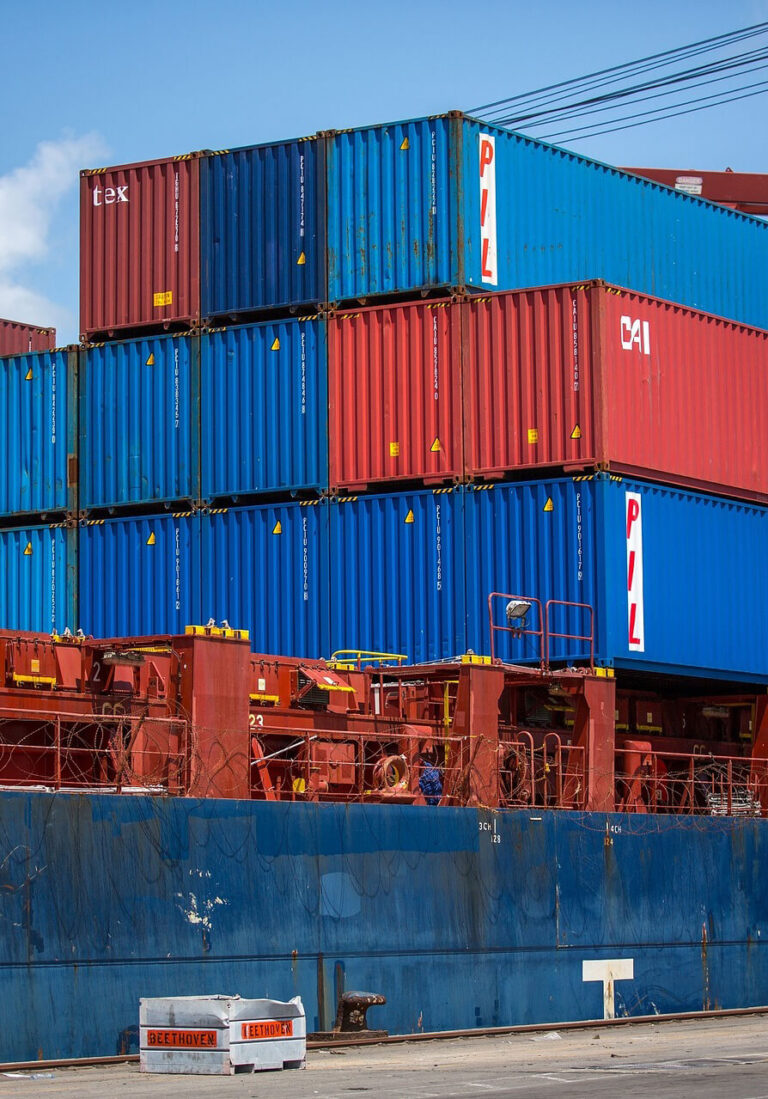
Are Sri Lanka’s Exports to India Over Dependent on Concessions?
Sri Lanka’s exports as a share of GDP has declined from 33% in 2000 to 13% in 2015. One of the solutions has been to diversify Sri Lanka’s markets. This is because over 50% of Sri Lanka’s exports go to the EU and the United States; and India and China absorb only 7% and 2.9% respectively. A previous Verité Insight titled “Solving dilemma of export diversification” pointed out that the bottleneck might not be in a narrow set of markets, but in a narrow set of products. Over 50% of Sri Lanka’s exports are Apparel and Tea, and the markets Sri Lanka accesses are appropriate to these products. Therefore, solving the export problem requires giving attention to diversifying products as well, not just the markets.
The present analysis looks at the success of product diversification with regard to exports to India – signaling both a diversification from traditional markets and traditional products.
This success in diversification, however, conceals some vulnerability. A majority of the products Sri Lanka is exporting to India are overly dependent on preferential trade terms with India – so they succeed only in India. This makes them vulnerable on two counts: the reversal of preferences, or the dilution of preferences. The latter is more likely due to India’s aggressive push towards FTAs with a large number of competing countries. This poses a challenge for sustaining export growth to India in the long run.
The key insight of this analysis is that the problem of having single-product markets is not robustly solved by diversifying to single-market products – especially when they depend on preferential terms of trade.
Verité Research, as the name implies, is an independent think tank with research at its core. We carry out this research along four areas –economics, politics, media, and law. Leveraging this research, we provide strategic analysis and advice to governments, organisations, and the private sector in Sri Lanka and beyond.

